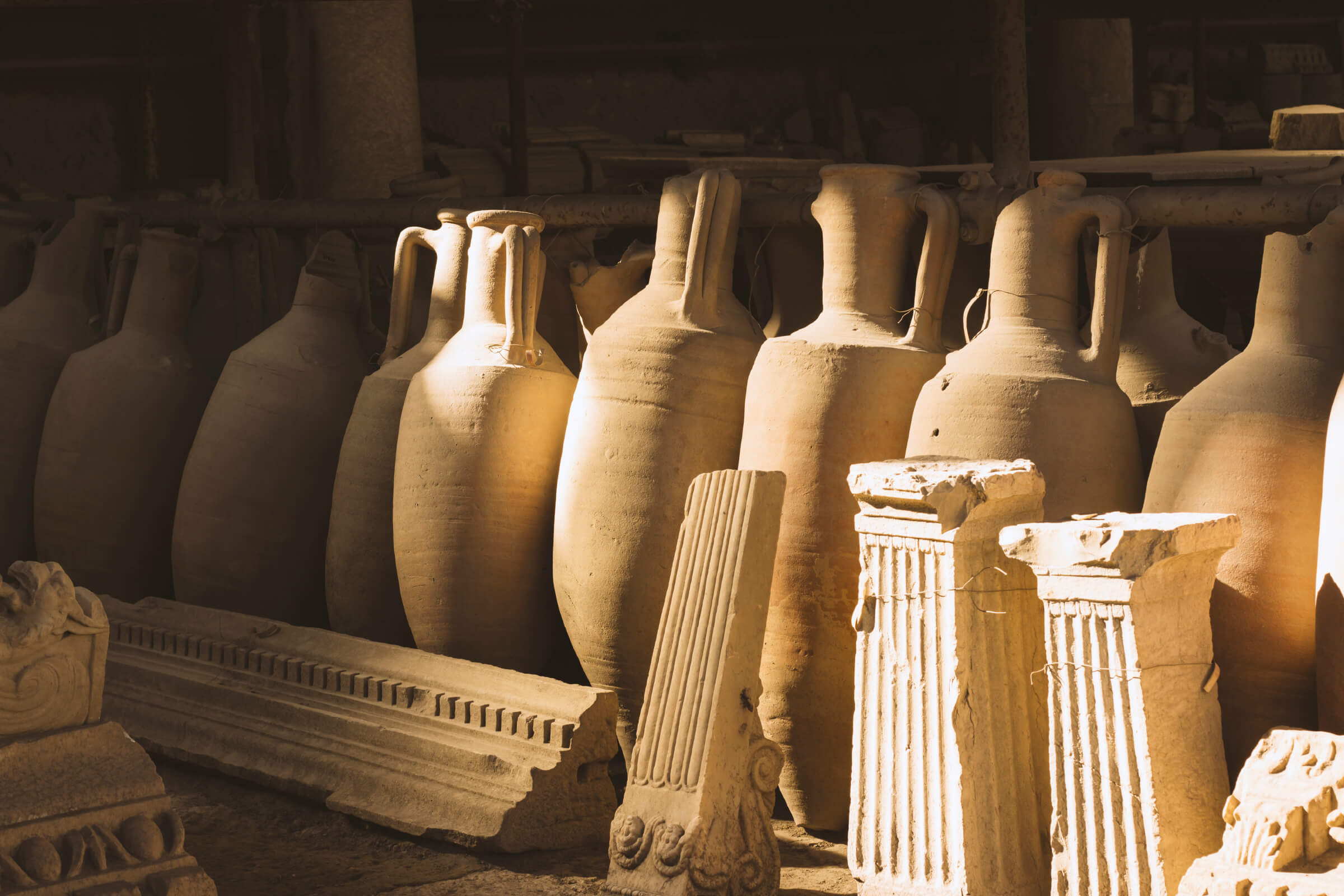ユーラシア史学コースとは?
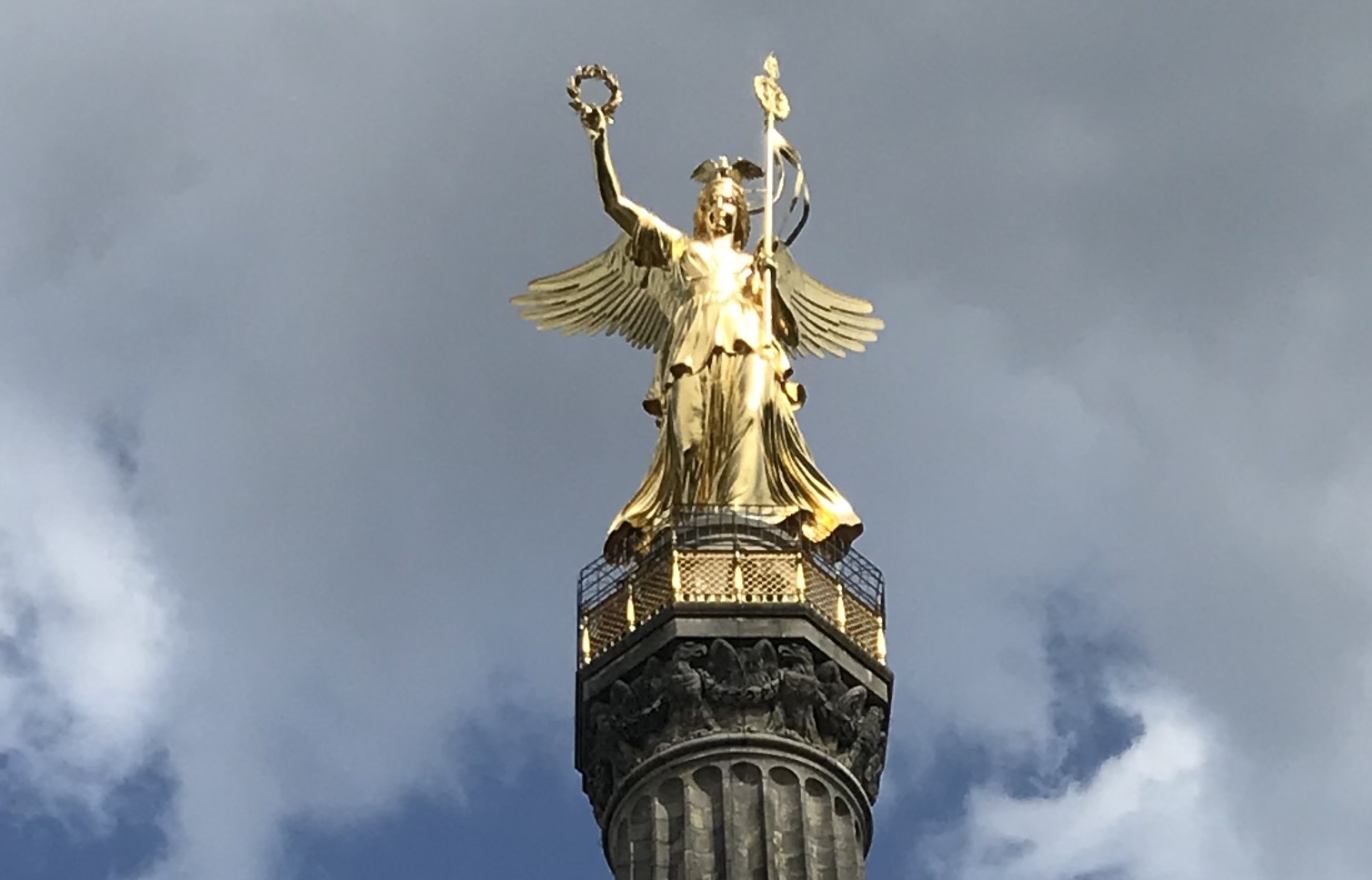
ユーラシア史学とは
「ユーラシア史学」という言葉に戸惑いを覚えた方も多いのではないでしょうか。従来の歴史学は、日本史学・東洋史学・西洋史学の三領域に区分されてきました。これは皆さんにも馴染み深いものでしょう。しかし私たちはあえてそうした伝統的区分を採らず、ユーラシア史学という耳慣れない独自のコースを設計しました。
それはこの三区分論が、三つの地域の閉鎖性をどこかで前提としているからです。いいかえればこの区分は、三地域が明確な境界線によって分断され、その閉ざされた空間の中でそれぞれ独自の文明を築いてきたという錯覚を生みかねません。しかし実際はそうではなく、人類ははるか昔から文明をまたぐ広域的な交渉を連綿と続けてきたのです。
そうしたダイナミックな歴史の側面を切り捨てないためにも、私たちはユーラシア大陸で勃興したさまざまな文明と、そこから地球規模で拡散した諸文明(新大陸や豪州も含む)をも包摂した枠組みを設定することにしました。それゆえユーラシア史学という言葉には単にユーラシア大陸の歴史だけでなく、それをはるかに凌駕するスケールの「人類史」という意味が込められているのです。
授業科目の一例
- アッカド語初級
- 古代西アジア史演習
- 満洲語文語基礎
- 中国史演習
- ヨーロッパ史概説
- ヨーロッパ・アメリカ史基礎文献講読
授業紹介
アッカド語初級はどんな授業?
今を遡ること約5500年前、現在のイラク南部に相当する南メソポタミアの古代都市ウルクにおいて、人類最古の文字である楔形文字の原型が発明されました。
その後、楔形文字はメソポタミアを中心とする西アジア世界に広まり、紀元後1世紀ごろに放棄されるまで文明の基礎になりました。本授業では、この楔形文字の初歩、そして、楔形文字で記された諸言語の一つであるアッカド語の初級文法について学びます。
先輩たちの卒業論文
- 初期古バビロニア時代Tutub市Sin神殿の貸付事業
- 紀元前七世紀のアッシリアにおける代替王儀礼
- 清朝支配初期の新疆南路における回兵の動員 -乾隆30年のウシュ反乱を対象として-
- 戦後内戦期、東北の土地改革における中共地方指導層の役割
- 19世紀フランスにおける記念物保存活動と中世復興
- 20世紀ドイツにおける同性愛者解法に関する考察
所属教員紹介
※表示順が職階順でないことがあります
| 教員名 | 職階 | メッセージ | |
|---|---|---|---|
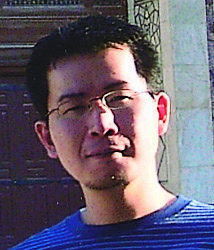
|
柴田 大輔 Daisuke Shibata | 教授 | ユーラシア史学コース 古代メソポタミア史、楔形文字学 |
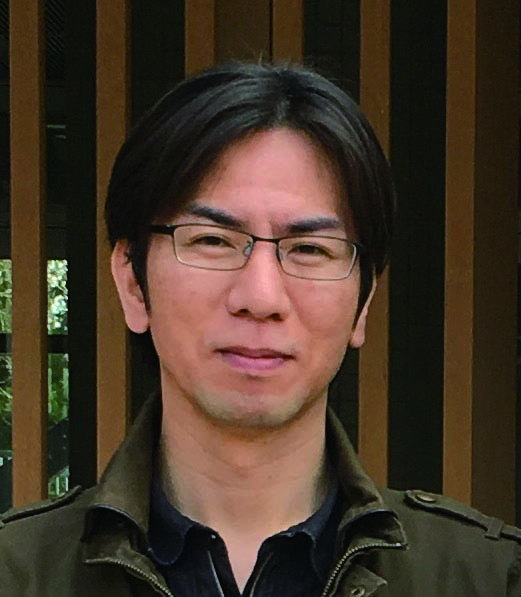
|
村上 宏昭 Hiroaki Murakami | 准教授 | ユーラシア史学コース ドイツ近現代史 |
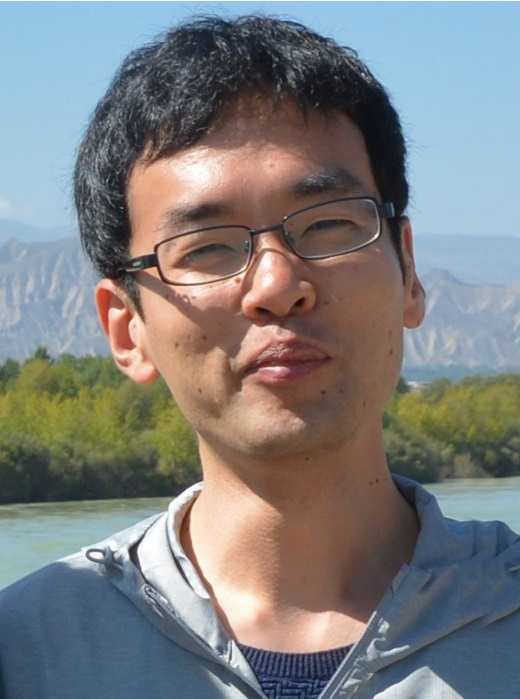
|
岩田 啓介 Keisuke Iwata | 助教 | ユーラシア史学コース 内陸アジア史 |
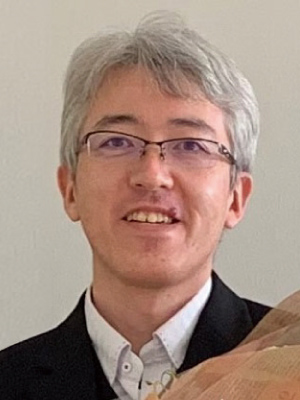
|
上田 裕之 Hiroyuki Ueda | 准教授 | ユーラシア史学コース 中国近世史 |
学生の声

4年生坂田 利通
ユーラシア史学コースには「古代西アジア史」・「中国史」・「ヨーロッパ・アメリカ史」の3つのサブコースがあり、自身の興味関心に従って各サブコースに所属します。
人文学類で歴史学を学ぶ強みの一つは、史料の本格的な読解技術を身につける機会に恵まれていることです。本コース開設の授業では、満洲文字や楔形文字など、見たこともない文字で書かれた史料に取り組む基礎的技術を身につけることができます。これに加えて、「概説」などの授業で専門の基礎的知識を身につけます。さらにゼミに相当する「演習」の授業では、教員や他の学生との議論を通じて、研究動向の把握を深めていくことになります。
私は中国史サブコースに所属し、新疆地域における清朝の遊牧民支配をテーマに、満洲語の行政文書の読解に取り組んでいます。学類1年次から取り組んでいた満洲文語の学習のお陰で、国内でも所蔵が稀な本学図書館の史料を実際に手に取り、読解できるようになったことでますますのめり込むようになりました。清朝の官僚たちは、遊牧民の文化・風習に相当の関心を示していたようです。史料には、遊牧民が有した政治構造、王族たちの対立、魚食の文化や王族の服飾に至るまで言及があり、対応に苦慮する現場の実態を垣間見ることができるように思います。こうした史料から、どのような歴史像を構築するか、何が明らかにできるか、考えるだけでワクワクします。
史料の読解技術を学類の早い段階から継続して学びながら、先行研究を読み込み、史料を集める作業を積み上げることで、従来の歴史像に挑戦していく……生易しいことではありませんが、歴史学の根本的営みを実際に体験できる貴重な機会です。まさに大学ならではの経験といえるでしょう。近年、教科書や国際情勢の場で語られる「歴史」について多くのニュースが飛び交っています。語られるその「歴史」がどのように積み上げられてきたのか、実際に歴史を紡ぐということがどのようなことなのか、その一端をのぞいてみませんか?
About the Eurasian History Course?
Perhaps many would be perplexed by the term “Eurasian History”. History taught in Japan is conventionally divided into three categories: Japanese History, Eastern History, and Western History. These would be familiar to any Japanese student. However, we decided not to adopt this conventional categorization and instead designed a unique and novel course called Eurasian History.
The reason for this is because breaking history into three categories is based on the premise that these areas were somehow cut off from each other. In other words, this division creates the illusion that these three regions are separated by a clear boundary and have built their own civilizations within that closed space. But this is not actually the case; mankind has engaged in trade and diplomacy across civilizations since antiquity.
We created a framework that includes various civilizations that emerged on the Eurasian continent and spread globally (including to the New World and Australia) so as not to omit this dynamic aspect of history. For this reason, the term Eurasian History is not only about history of the Eurasian continent, but also about human history on a far bigger scale.
Example of Subjects
- Elementary Akkadian
- Ancient Western History Seminar
- Basics of the Manchu Language
- Chinese History Seminar
- Introduction to European History/li>
- Basic Literature Review of European and American History
Course Introduction
What kind of class is Introduction to European History?
In Introduction to European history, students will learn about the history of Europe from the Middle Ages to the present day from a social and cultural perspective. Our aim in this is for students to acquire basic concepts and methodologies needed for historical research at the university. We also want students in this class to break away from the idea of history as a subject of rote memorization and instead train their thinking ability to be able to question the things they take for granted in everyday life.
Senior Graduation Thesis
- A Collection of Rubbings From Royal Babylonian Monument Inscriptions From the Assyrian Royal Library in Nineveh in 7th Century BC and Their Political and Cultural Background
- Family Spirits in the Mesopotamian Funeral Texts From the 1st Millennium BC
- Changes in the Theory of ‘Wokou Pirates’ During the Ming Dynasty Under Emperor Jiajing—A Focus on References to Wang Zhi
- Mobilization of The Mujahideen on the Southern Xinjiang Road in the Early Qing Dynasty: The Ush Rebellion of 1765
- The Development and Establishment of Law for the Prevention of Hereditarily Diseased Offspring in Nazi Germany: A Focus on Genetic Health Court
- Wartime Public Relations in the US During World War I: A Focus on the Four Minutemen Project
Faculty Members
| 教員名 | 職階 | メッセージ | |
|---|---|---|---|

|
柴田 大輔 Daisuke Shibata | 教授 | ユーラシア史学コース 古代メソポタミア史、楔形文字学 |

|
村上 宏昭 Hiroaki Murakami | 准教授 | ユーラシア史学コース ドイツ近現代史 |

|
岩田 啓介 Keisuke Iwata | 助教 | ユーラシア史学コース 内陸アジア史 |

|
上田 裕之 Hiroyuki Ueda | 准教授 | ユーラシア史学コース 中国近世史 |
Student Voices
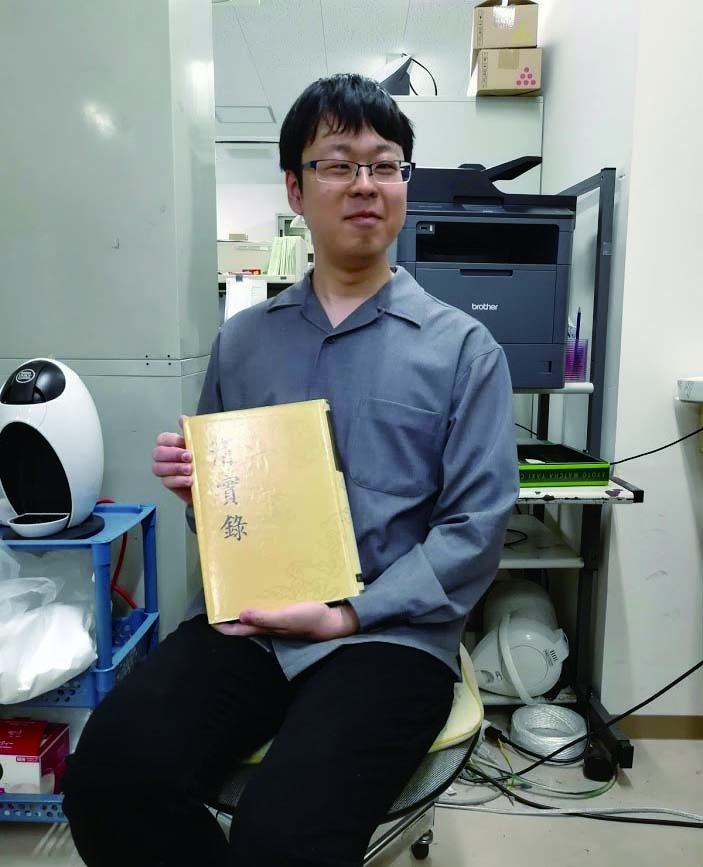
GraduateMasashi Handa
Let’s consider what it means to study foreign history. An exploration of the past to better understand the present of a given region; analysis of past as a case study to compare to the problems we face today; or to requestion what makes “Japan” by analyzing the history of the regions that are/were directly related to Japan. These questions will follow you around constantly as you study foreign history. And these are the things that will grow more profound as you face history.
To train students to address such questions, the Eurasian History Course has classes on Philology to help acquire the knowledge and skills to read historical documents and research literature as well as Seminars to discuss the content of prior research. The curriculum also incorporates classes in linguistics or comparing cultures to help students learn about relevant disciplines. The practice of expanding awareness of issues and constructing history faithfully through enormous amounts of historical documents and prior literature as well as through knowledge in adjacent fields is the real pleasure of historical research, and of this course. I look forward to your attempt at learning history.
